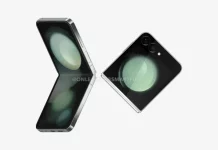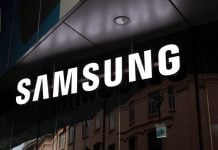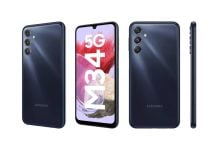According to a new report, Japan is easing its export-related restrictions of a few crucial smartphone components to South Korea. It arrives as a step towards a healthy relationship between the two nations. The Japanese Ministry of Economy, Trade, and Industry (METI) has partially removed the export restriction on photoresists to some degree with more initiative to follow soon.
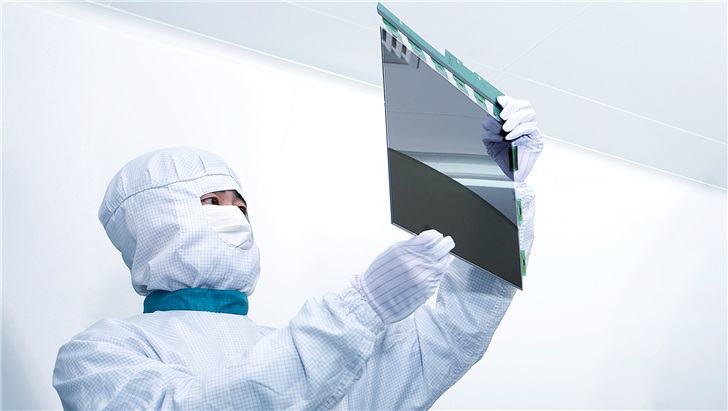
Previously, the Japanese Government had imposed restrictions on three key industrial chemicals in South Korea; which occurs after a long standing deterioration of political and trade relations between the two countries. The restriction led companies like Samsung, LG, and SK Hynix to be at a loss with no viable alternative as Japan provides 70 to 90 percent of the global supply of the aforementioned chemicals.
Editor’s Pick: OnePlus CEO Pete Lau touts OnePlus 8 as the most beautiful flagship series
From July 2019, Japanese companies had to obtain their home Government’s approval for individual exports when shipping fluorinated polyimides (a key component of LCDs and OLEDs panels), photoresists and high purity hydrogen fluoride (used in making DRAM and NAND memory chips). Thus, it made things difficult for Japan’s indigenous companies as well as foreign OEMs. Notably, the move is also quite similar to how American based companies had to be issued licenses to partner with blacklisted companies like Huawei.
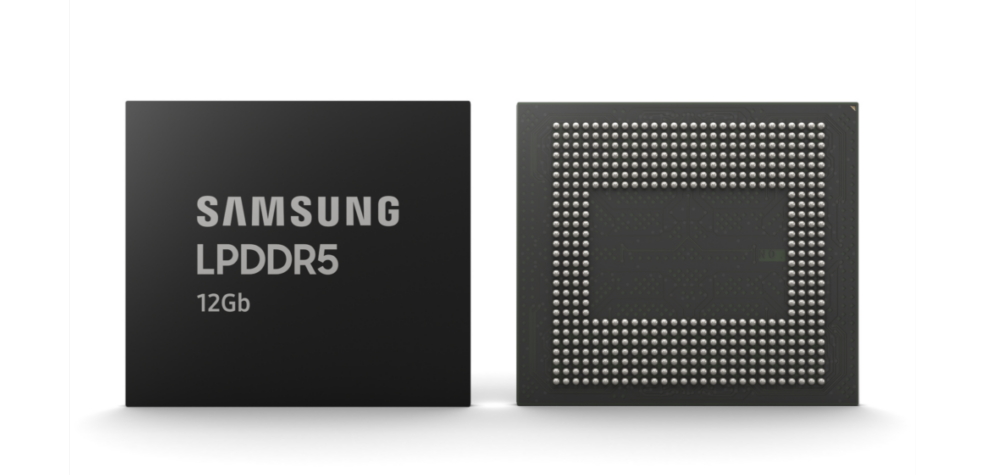
Now, it would seem that the trade tensions are declining and both sides might have arrived at a consensus. Political leaders from both nations had also met earlier this month to discuss the import/export relations. For now, only photoresists have been made available for “bulk” licensing that will supply three years worth of the component to Samsung, LG, and SK Hynix.
UP NEXT: Microsoft’s Cortana app is going away from all countries except the U.S.
(Source)

